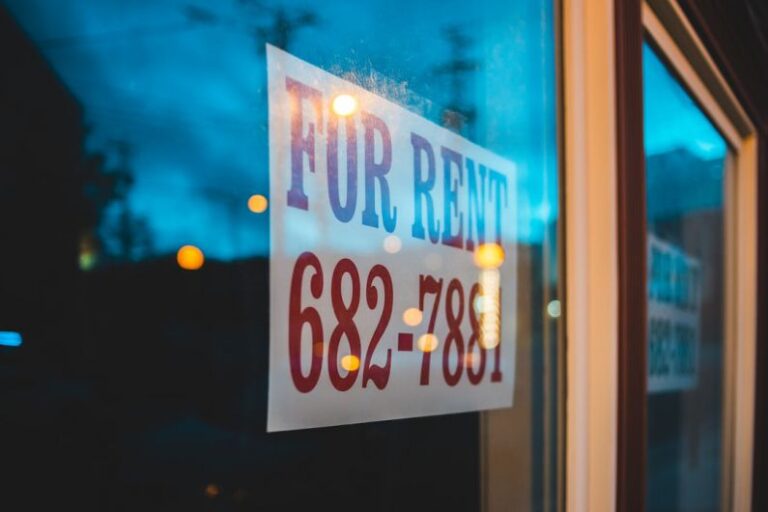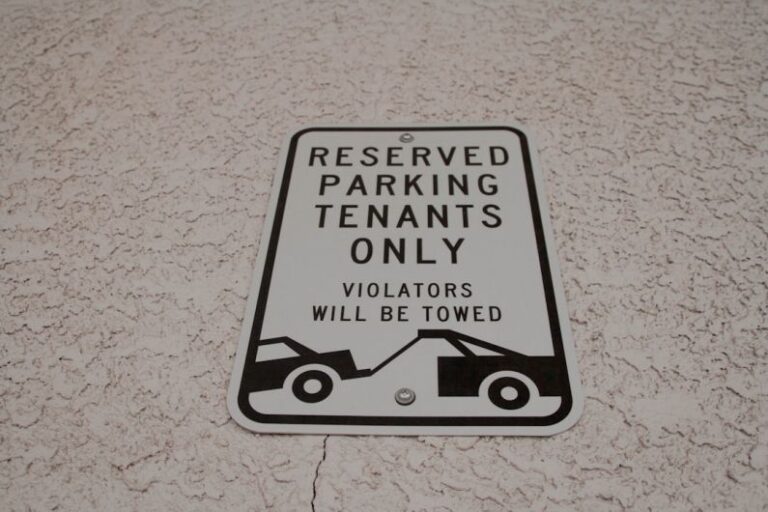
Renting out property can be a lucrative endeavor for many individuals looking to generate passive income. However, before diving into the world of being a landlord, it is crucial to understand and comply with the legal requirements that come with renting out property. Failing to adhere to these regulations can result in fines, legal disputes, and even the possibility of having your property seized. In this article, we will delve into the essential legal requirements that landlords must fulfill when renting out their property.
Understanding the Landlord-Tenant Laws
One of the fundamental legal requirements for renting out property is to have a comprehensive understanding of the landlord-tenant laws in your specific jurisdiction. These laws vary from state to state and cover a wide range of issues, including lease agreements, security deposits, eviction procedures, and tenant rights. It is crucial to familiarize yourself with these laws to ensure that you are operating within the legal boundaries set by the authorities.
Drafting a Legal Lease Agreement
A legally binding lease agreement is a vital document that outlines the terms and conditions of the rental agreement between the landlord and the tenant. The lease agreement should include essential details such as the duration of the tenancy, rent amount, security deposit requirements, maintenance responsibilities, and rules regarding pets and subletting. It is advisable to consult with a real estate attorney when drafting a lease agreement to ensure that it complies with local laws and adequately protects your interests as a landlord.
Collecting Security Deposits
Security deposits are a standard practice in the rental industry and serve as a form of financial protection for landlords in case of property damage or unpaid rent. However, there are legal requirements regarding security deposits that landlords must adhere to. These requirements typically include limits on the amount of the security deposit, the timeline for returning the deposit after the tenant moves out, and the necessity of providing an itemized list of deductions, if any, from the deposit.
Maintaining the Rental Property
Landlords have a legal obligation to maintain their rental properties in a habitable condition and ensure that they meet all health and safety requirements. This includes addressing any necessary repairs promptly, providing essential utilities such as water and heat, and complying with building codes and zoning regulations. Failure to maintain the property can lead to legal consequences and potential liability in the event of accidents or injuries on the premises.
Respecting Tenant Rights
As a landlord, it is essential to respect the rights of your tenants as outlined in the landlord-tenant laws. Tenants have the right to privacy, peaceful enjoyment of the property, and protection against discrimination based on factors such as race, religion, or disability. It is illegal for landlords to engage in practices such as unlawful evictions, harassment, or retaliation against tenants who exercise their legal rights.
Handling Evictions Properly
In some cases, landlords may need to evict tenants for reasons such as nonpayment of rent, lease violations, or property damage. However, evictions must be handled in accordance with the legal requirements set forth by the landlord-tenant laws. This typically involves providing the tenant with a written notice of eviction, following the required timeline for eviction proceedings, and obtaining a court order if necessary. Attempting to evict a tenant without following these procedures can result in legal repercussions for the landlord.
Conclusion: Staying Compliant with Legal Requirements
Renting out property can be a rewarding investment opportunity, but it also comes with significant legal responsibilities that landlords must fulfill. By understanding and adhering to the legal requirements for renting out property, landlords can protect themselves from potential legal disputes and ensure a positive and mutually beneficial relationship with their tenants. It is essential to stay informed about the laws and regulations that govern rental properties and seek legal guidance when needed to navigate any complex legal issues that may arise. By prioritizing compliance with legal requirements, landlords can build a solid foundation for a successful and trouble-free rental business.





